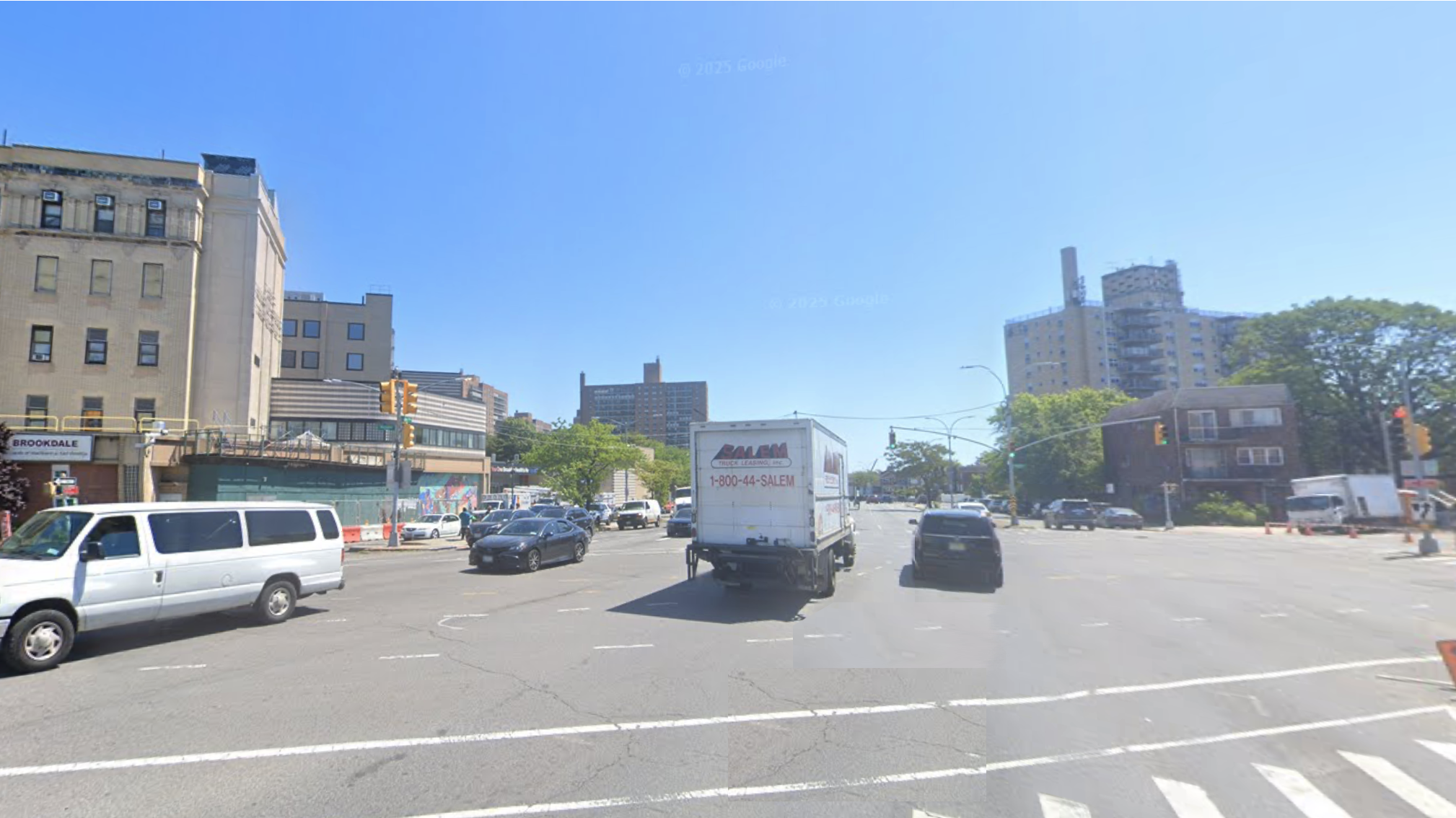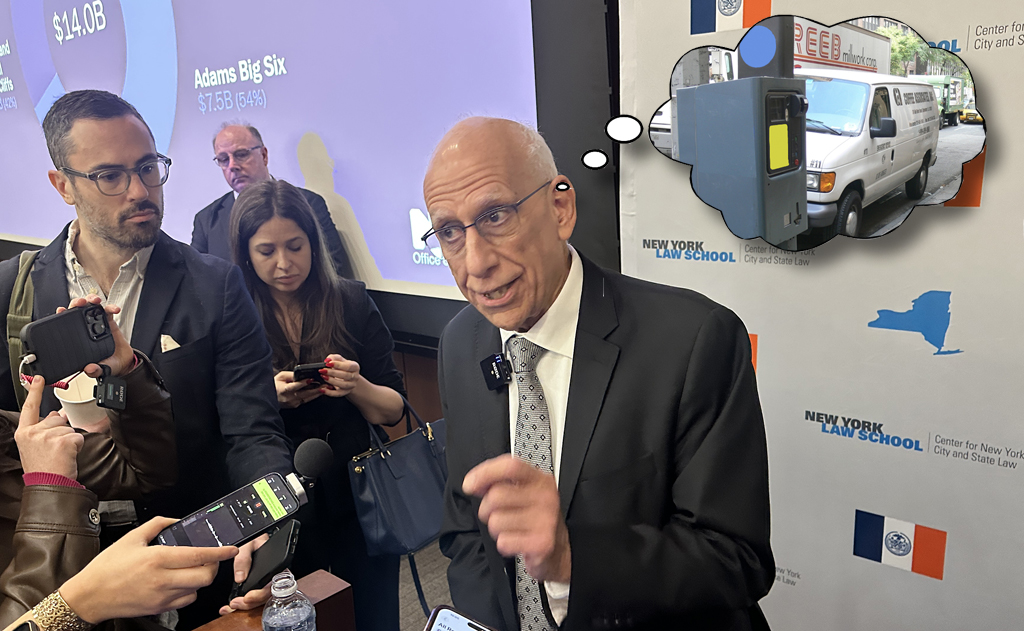Yesterday was a mixed bag for transit at the ballot box. Voters in Cincinnati beat back a second referendum that would have prevented the city from building its planned and ready-to-go streetcar line. In Seattle, meanwhile, an initiative that would have allowed local electeds to raise vehicle license fees to support transit was rejected.
Maybe the biggest news out of last night's election, however, comes out of North Carolina, where -- hooray!! -- it ended well for transit lovers. Voter approval of a sales tax increase will advance long-brewing plans for light rail in the "Golden Triangle" region, which includes Raleigh, Durham and Chapel Hill.
Yonah Freemark at the Transport Politic explains:
The passage yesterday of a half-cent sales tax increase dedicated to transit in Durham County offers strong evidence that the region’s electorate is ready to invest in new public transportation options — the referendum passed with a large 60% majority in approval. Durham’s endorsement of the transit improvement program, like similar efforts in cities from Los Angeles to Denver, provides clear evidence that voters are willing and even excited to pay higher taxes in exchange for tangible improvements in transportation.* If in the U.S. Congress future funding for mobility remains tenuous at best, local level support for such policies is clear.
For the Triangle, this is the first step towards the completion of what will not only be a vast upgrade over current transit offerings in the region but also a significant improvement on the 2000 regional rail plan.
Triangle leaders have learned from Charlotte’s success. Realizing that the FTA would be unwilling to commit to a project without a stronger demonstration of local funding efforts, politicians pushed the North Carolina State Assembly to allow counties to submit sales tax increases to their voters, an option that had been reserved for Charlotte’s Mecklenburg County until 2009. Charlotte’s half-cent sales tax provided a quarter of the light rail line’s cost, while the Triangle’s 2000 plan could cover less than 10% of costs with local revenues, which came from a tax on rental cars and vehicle registrations.
Elsewhere on the Network today: Walkable Dallas Fort-Worth exposes the misguided logic behind Austin's jaywalking crackdown. Mobilizing the Region says that Connecticut's new $636 million jobs bill includes some important land use and transportation reforms. And Bike Portland reports that national bike and pedestrian advocates are planning to push back against weakened support for active modes in the Senate's new transportation bill reauthorization proposal.






